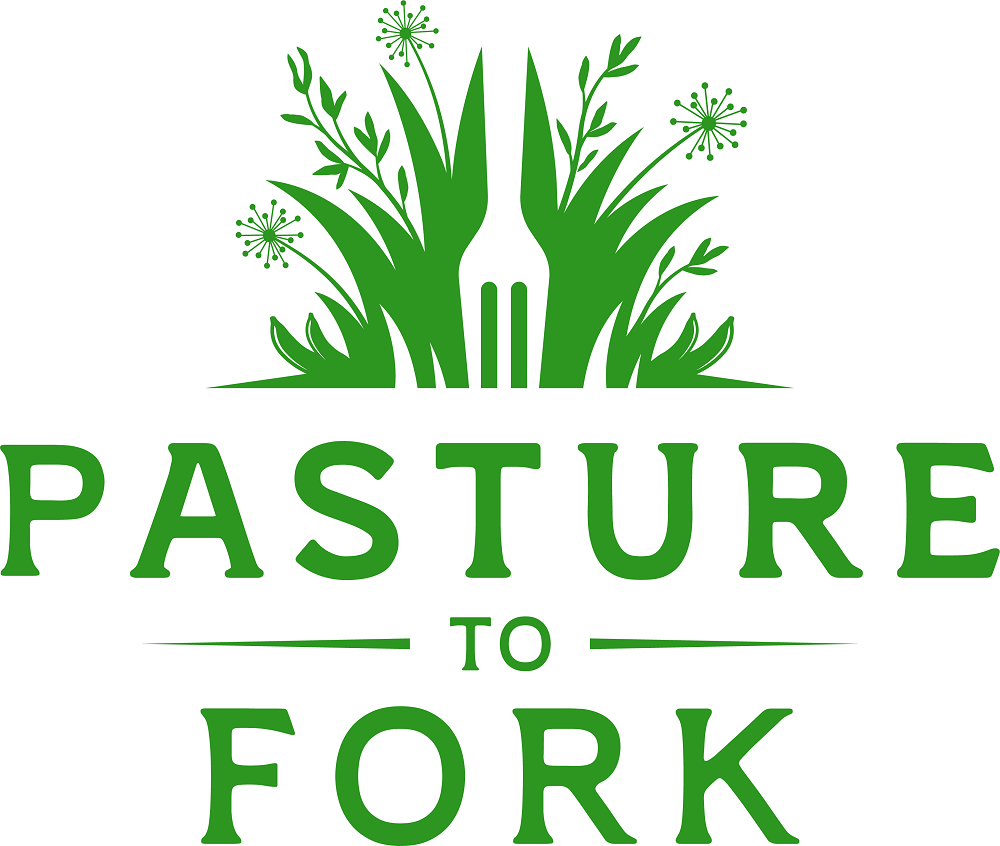Dare to be Different
posted on
October 24, 2023
The world, it seems, is full of shortsighted people. Shortsighted people refuse to consider the future when making decisions. They refuse to acknowledge the world is constantly changing. They will continue to make decisions based on the past – and they will continue to blame others for their circumstances. In reality, they have no one to blame but themselves.
We need to make good decisions in a timely fashion. Our decisions must be based on the future – NOT the past. Nothing stays the same. We may be entering into an era of change – unprecedented change. We need to be proactive in making our decisions – NOT reactive. If we are too slow in making decisions, we will eventually be forced to abide by the new status quo and take whatever options remain. Our kids are hoping we make proactive decisions that are based on the future.
Dare to be different. How long can you afford to follow the status-quo way of thinking? Unfortunately, being different is never easy. It requires that we think differently, act differently, and see things in ways that other people do not. It requires that we think for ourselves, and it requires that we act on what is best for our family, regardless of what others might say or do.
When it comes to food and farming, we have been different for a number of years. When I was in my teens, my parents began to question why so many of their children lacked vibrant heath. With a little research, they began waking up to the fact that most of the food we were eating was very unhealthy and because of unhealthy foods our collective health was headed in the wrong direction. While almost everyone else was making decisions based on the so-called “healthy” nutrition claims on food packages, we began thinking, “It doesn’t matter how “healthy” your food is claimed to be if it’s highly processed, contains numerous unpronounceable ingredients, and has no resemblance to its raw form.” Several years later, as our knowledge and experience increased, Esther and I took on the baton and enlarged the vision to include growing “real food” for others in the surrounding area.
You can’t get something for nothing. Given the manifest food illiteracy of the American society, it’s not difficult to market certain foods as “better for you”—and many people fail to recognize that most of those health claims are based on only a slight improvement to the abject contents in previous versions of the same foods. Plus, the “experts” who determine the government sanctioned food pyramid—along with doctors and dieticians who advocate it—lead the way in the propagandizing of the people via sleight-of-hand food claims. As consumer concern over food quality increases, food manufacturers respond with more supposed “wholesome” foods. Within a few short years, many foods have become widely accepted as healthy, even though they contain numerous questionable ingredients. Even the organic food sector now includes an abundance of highly processed foods that are very unhealthy.
Food literacy—learning about real food—is a journey, and not a destination. Almost the world over, we’re dealing with degraded resources—both in the soil our food is grown in and on, and the bodies we feed. Formerly we’ve used the word “sustainable” a lot, but have changed our mind about that. Who wants to sustain a degraded environment? We focus less on sustainability now, and more on active regeneration. Regeneration is about life. Vibrant life! Can our health be any more vibrant than the food we consume?
Unfortunately, the degradation of resources—be it the universe or our bodies—is usually so gradually that the change is almost imperceptible. Likewise, many people consider themselves perfectly healthy until suddenly one day they’re diagnosed with a disease or illness. And at that point it’s very difficult to change their diet and lifestyle enough to reverse the diagnosis. Change before you have to.
In his neat little book Tribes, Seth Godin spends a considerable amount of time discussing the status quo and its fear of change. He believes change is inevitable. I don’t think anyone can argue with that. Change is a normal and necessary part of life – and in most cases, the sooner we embrace it, the better off we will be.
Seth says, “Change almost never fails because it was too early. It almost always fails because it was too late. By the time you realize your corner of the world needs change, it’s almost certainly too late. It’s definitely not too early.” He goes on to say, “There may be a small price to pay for being too early, but there will be a huge penalty for being too late.”
We agree. And that’s The View from the Country.
Quotes worth Re-quoting ~
“The only thing we know about the future is that it will be different.” ~ Peter Drucker
“Strategy is about making choices, trade-offs; it’s about deliberately choosing to be different.” ~ Michael Porter



